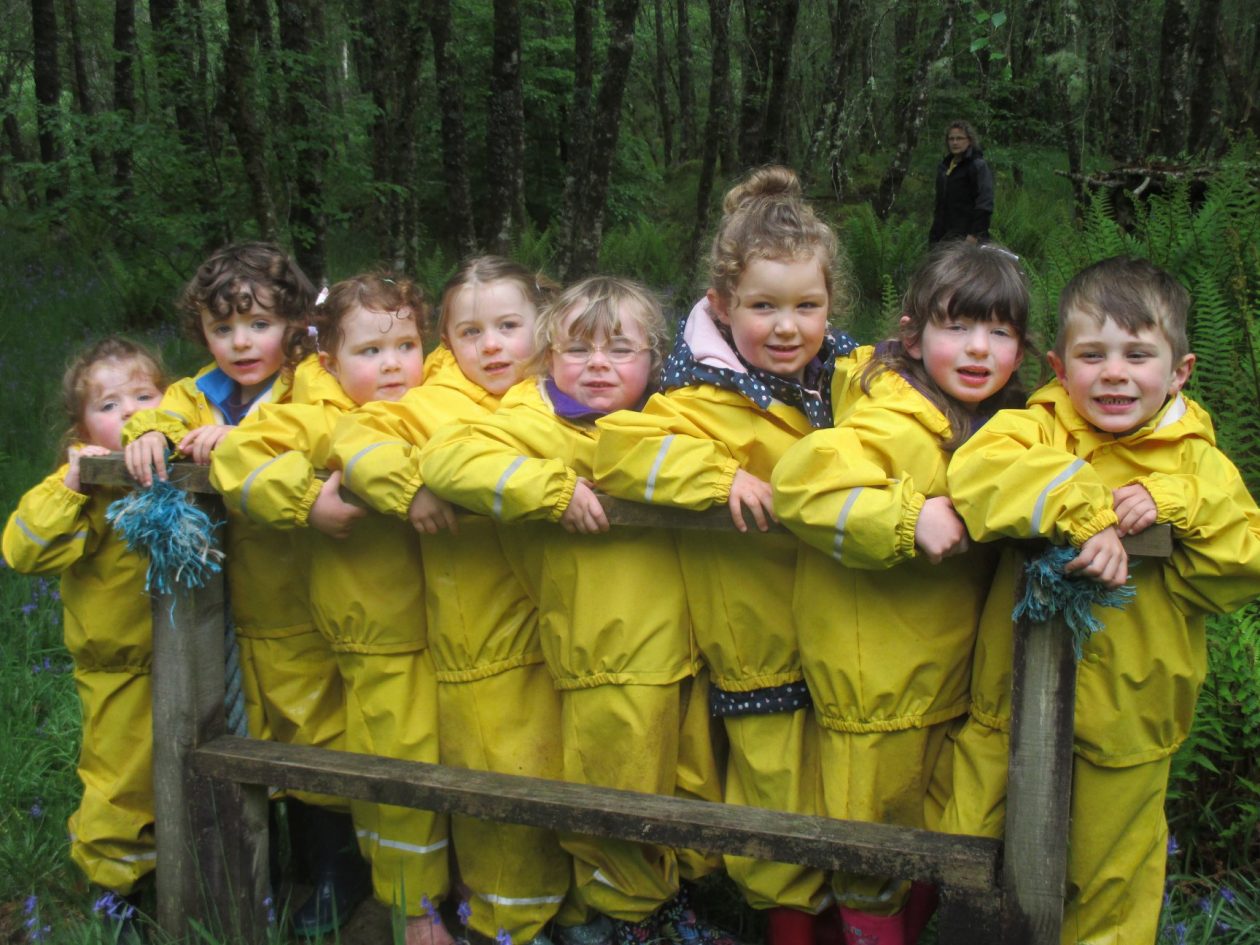The 6 Principles of Nurture:
There are Six Principles of Nurture that should underpin any work or activities that people do to support the nurture of children and young people. They are designed as guidance so teachers can understand the right kind of support to show children. The Six Principles of Nurture are:
- We all learn in our own ways. Through this principle, practitioners understand that children develop at their own pace and in their own ways. It promotes a child-led approach by understanding a child’s stage of development and responding appropriately.
- A classroom or school should be a safe space for children to be. The classroom and school offer a safe place for children where they feel secure and anxiety is contained. Children feel comfortable in their surroundings and there is a consistency of approach between staff in the school.
- Nurture is important for wellbeing and self-esteem. Schools foster an ethos that celebrates children to build self-esteem. Self-esteem can be developed in children by making each child feel valued and praising their achievements.
- Language is a vital means of communication and using words to talk about how we feel is important. Language is understood to be vital as a way for children to communicate their feelings and emotions. Children should be supported in developing emotional literacy to help develop their skills in communicating how they are feeling, rather than acting out emotions in potentially inappropriate ways.
- All behaviour is communication, and we can use it to show how we feel. An understanding that challenging behaviour is often a child’s way of trying to communicate their emotions in some way. They could be displaying their frustration, anger, tiredness or excitement, for example. Understanding this principle is important for understanding how to respond to challenging behaviour in a supportive and restorative way.
- Transition is important and significant to the lives of children and good nurture can help children to cope with change. Understanding that transitions can be challenging times for children. This includes the big transitions from starting nursery to moving on to school and then secondary school, but also giving consideration to the small everyday transitions that children experience. This could be as small as moving from one activity to another, moving from learning time to break time or a change in teacher.

